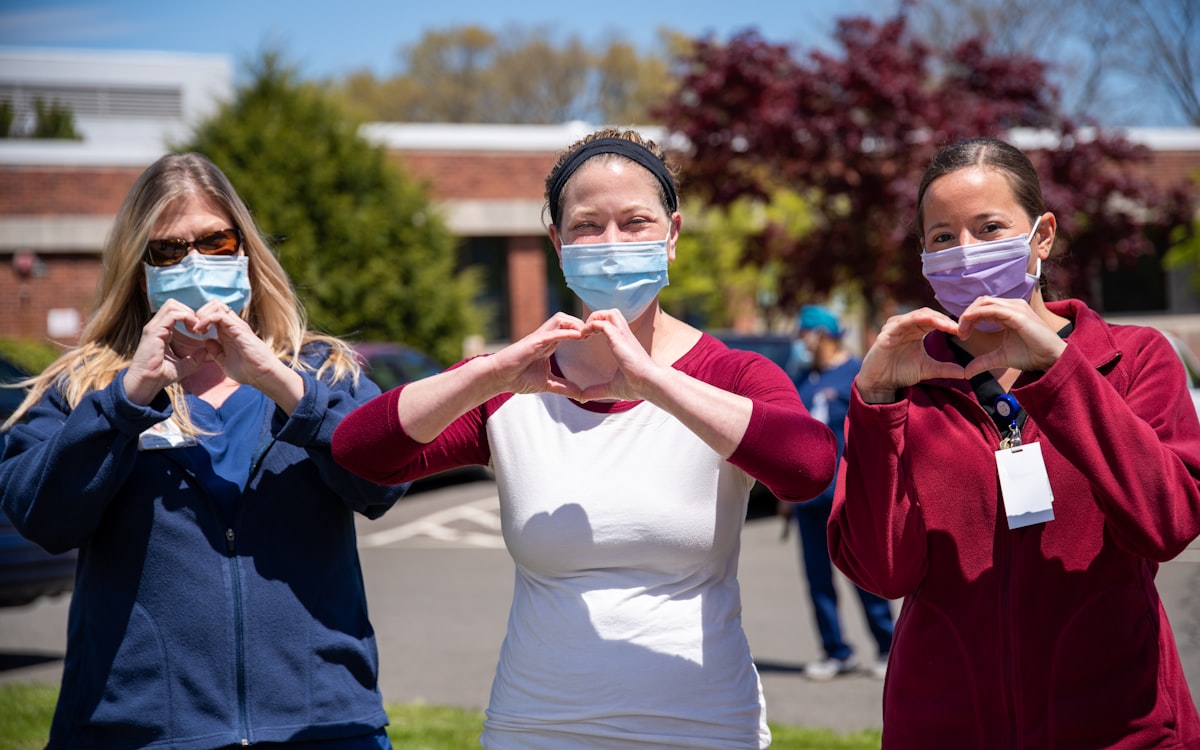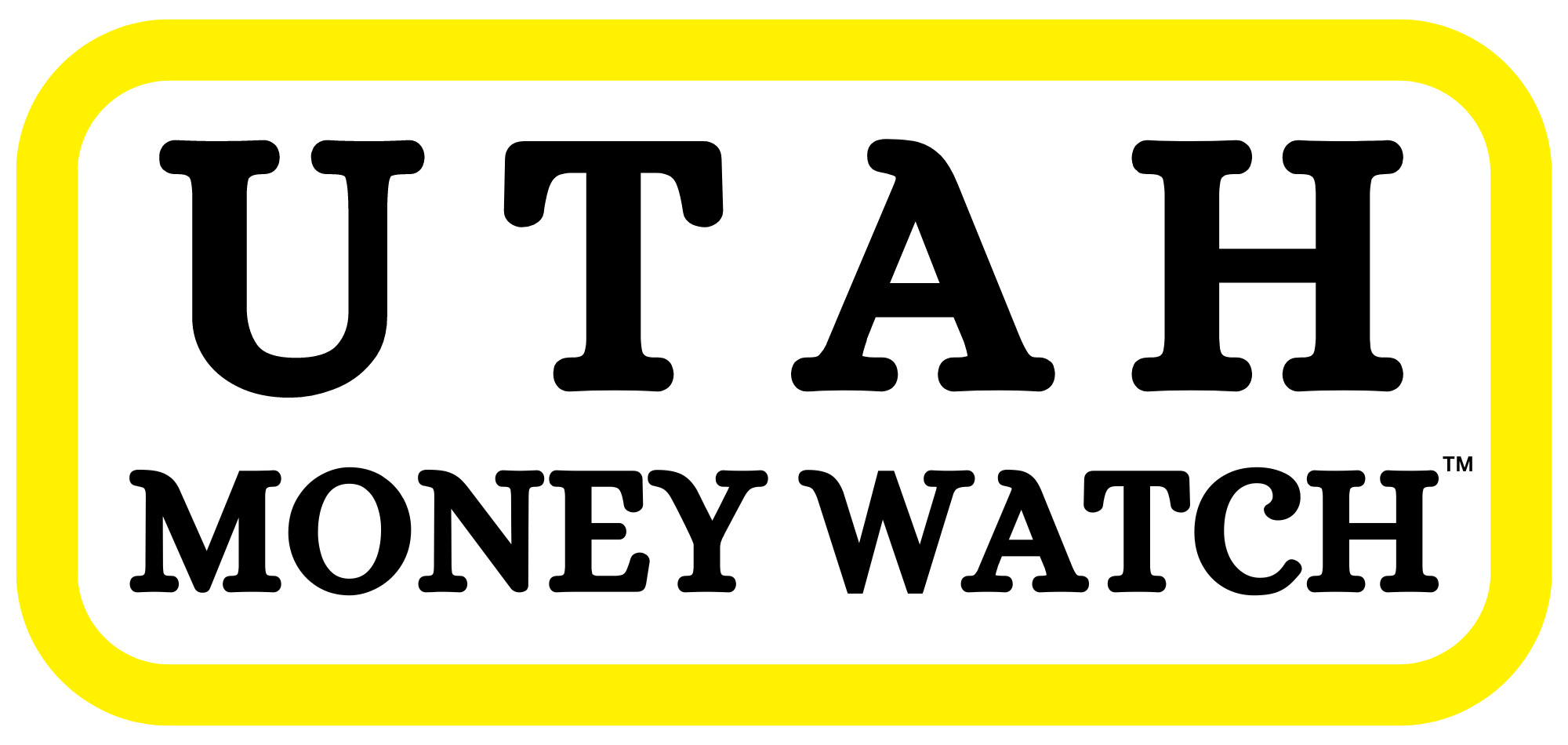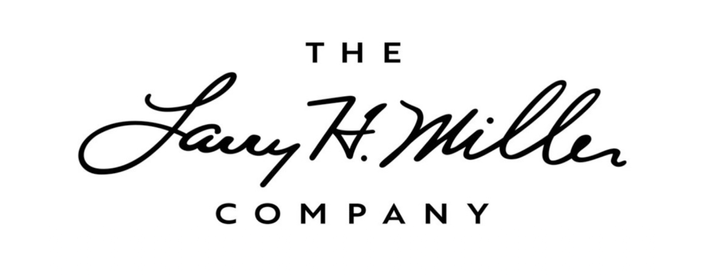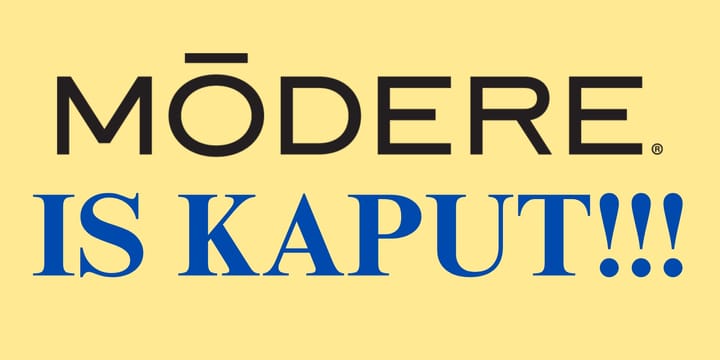Murray, Utah-based Nursa Raises $80 Million to Continue to Address the Nation's Nursing Shortage.

The business model for prospective entrepreneuers has remained virtually unchanged for centuries: Find a customer pain point and provide products/services to address/eliminate that pain.

And "Yes," it really is that simple.
Interestingly, the greater the pain suffered by a prospective customer (or set of target customers), the greater the Price Elasticity, e.g., their willingness to pay more for a superior product/service.
In other words, the better it is, the faster it works, the greater success it produces, etc., etc., etc., the more money individuals and organizations are happy to pay for a given service or product,
As Long As That Pain Goes Away.
So ... what is the pain point that Midvale, Utah-based Nursa is addressing?
And how does its service/product offering Reduce Pain?
Addressing the Annual Shortage of 203,000 Registered Nurses in America
Before turning to Nursa, we first need to consider the marketplace it serves:
- Employers of Registered Nurses, and
- Registered Nurses themselves.
According to the American Nurses Association, there are 4.3 million registered nurses currently employed in the United States. {NOTE: The World Health Organization says the global total of professional nurses was 19.3 million in 2020.}
Unfortunately, the general health of the U.S. economy post-COVID19 pandemic has led to a nationwide shortage of workers in general, with the U.S. Bureau of Labor Statistics pegging the July 2023 unemployment rate in the U.S. at 3.5%.
By contrast, in April 2020 (the beginning of the COVID19 lockdown), U.S. unemployment stood at 14.7% ... clearly a massive difference in just over three years from then to now.
For reference sake, the unemployment rate in Utah was 2.4% in July (according to the Utah Department of Workforce Services). In other words, significantly better than so-called Full Employment.
Robb Lifferth, COO and Co-Founder of IsoTalent, a Lehi, Utah-based recruiting and employment firm, tells Utah Money Watch that Utah currently has 1.9 job openings for every person looking for work (or a ratio of 1.9:1).
So what does that have to do with the supply of registered/professional nurses in the U.S.? That's the rub.
According to the BLS, it expects the number of job openings for registered nurses to average just over 203,000 RNs each year from 2021 through 2031.
But today there are more job openings for RNs than there are RNs looking for work.
For example, as of 23 August 2023, Glassdoor lists nearly 76,000 RN job openings in the U.S.
The reality is that the prospects are challenging at best for healthcare organizations that employ registered nurses, especially hospitals, at least according to Pennsylvania-based Nursing Solutions, Inc. and its 2023 NSI National Health Care Retention & RN Staffing Report.
In its survey of 273 hospitals across the U.S., NSI found that the annual turnover rate among RNs was a stunning 22.5%. And that's down from 27.1% turnover in 2021.
Just to be clear, that 22.5% percentage means that for every 100 RNs working for an organization, over 22 will change employers every single year.
That. Is. Staggering.

The Report goes on to explain that across the U.S.
- The RN vacancy rate is 15.7% nationwide, an employee shortage it rightfully proclaims as "critical," especially since
- It presently takes over three months to recruit (and hire) an experienced RN.
In fact, as shown in the NSI table below, 51.4% of all hospitals that responded to the survey said they had greater than 15% fewer RNs on staff than they needed, a total only surpassed by 2022 figures.

Which brings us, finally, to Tuesday's news announcement from Nursa.
Why Nursa Needs $80 Million in Series B Funding
Given the prior information shared above, it should not surprise you that Nursa sits at the intersection of two major pain points in the healthcare industry:
- Skilled nursing facilities that need to hire more registered nurses (on a temporary, part-time, or full-time basis), and
- Registered nurses looking for new opportunities, whether on a "per shift" basis, or for a new part- or full-time position.
When Curtis Anderson started Nursa back in January 2019, he came to the opportunity after owning a Travel/Per Diem/Local staffing agency for the healthcare marketplace. This experience helped him recognize that the pain point was much bigger that just a need for temporary, part-time, or full-time registered nurses in the Intermountain West.
Since its 2019 launch and driven by roughly $22 million in prior funding, Anderson and his team have built Nursa into a nationally focused, bifurcated education, marketing, and sales machine, one dedicated to creating a technology platform that serves both healthcare employers and professional nurses.
According to the news release announcing its $80 million round of Series B funding, the company wrote:
"Nursa introduced its platform to enable hospitals, post-acute and long-term care facilities, and other community organizations to overcome the traditional staffing obstacles they face and find the best qualified nurse for each individual shift."
Prior to announcing this latest funding round, Nursa had grown its team to nearly 300 employees, individuals serving more than 1,300 healthcare facilities across the U.S., with more than 95,000 nurses using the Nursa platform today.
For employers, they can quickly and easily share shift, part-time, and full-time needs for nursing services via the Nursa platform.
Similarly, registered nurses looking for new opportunities (even if it's just for the occassional shift) can turn to the same app right from their smartphone.
For example, in the video below, prospective job seekers are shown how simple it is to use the Nursa app when identifying and selecting shift opportunities, based upon
- Organization,
- Shift day and hours,
- Location,
- Job Instruction,
- Net Pay, and
- More.
Pelion Venture Partners, a Salt Lake City-based venture capital firm, led Nursa's Series A funding and participated in the now-announced Series B round of funding.
When asked about Pelion's decision to fund Nursa, Ben Lambert, a Pelion Partner and Nursa Board Member, provided this answer to Utah Money Watch:
"We invested in Nursa back in 2021 as it was one of the fast(est) growing startups we have ever seen.... We believe Nursa will be a pillar in the healthcare ecosystem for generations to come."
Lambert also described Nursa's Anderson as "an unbelievable founder and a fantastic leader."
Within its funding news release, Nursa also disclosed that it has added three new C-Level executives to its team:
- Amanda Duke as Chief Revenue Officer;
- Melissa Matross as Chief Product Officer; and
- Brad Taylor as Chief Technology Officer.
The Nursa Series B funding round was led by Columbus, Ohio-based Drive Capital, with participation from prior investors, Pelion and Salt Lake City-based Kickstart.
And the reason for the $80 million funding?
Obviously, Nursa has realized it's all about addressing and/or eliminating customer pain points.
Nicely done, Nursa.




Comments ()